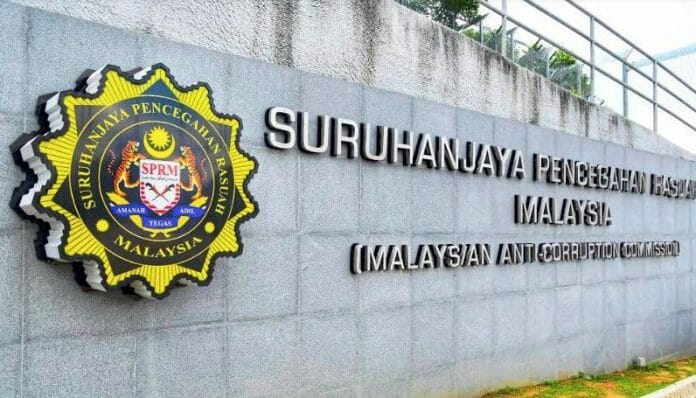While former Finance minister Daim Zainuddin has been taken ill at a time of the investigation, Malaysian Anti-Corruption Commission (MACC) is spreading beyond his family’s financial holdings and into the affairs of his business proxies, high-profile corporate personalities and a large cross-border corporate exercise with Singapore in the late 1990s.
As the High Court on Tuesday (Jan 16) hears arguments from Daim’s lawyers and government prosecutors over a suit filed by the former politician’s family for an order to compel the agency to halt all investigations against them, lift the seizure of Ilham Tower and return all documents and material that have been seized during the course of the probe.
Tommy Thomas, the former Attorney General who is representing Daim’s family, argued that the former politician was being subjected to an investigation under laws that were formulated after he had retired as a public official.
“Furthermore, Daim is already 85, and he may not remember events of 25 to 26 years ago, and this is unfair and may prejudice him,” Mr Thomas said.
Senior federal counsel Liew Horng Bin protested, arguing that there was no statutory limitation for the investigating authorities to investigate a purported crime and a ruling in Daim’s favour would open the flood gates to halt other ongoing investigations.
Judge Wan Ahmad Farid Wan Salleh said that he would deliver his decision on the suit on March 4.
Government sources close to the situation said that the probe has moved into the affairs of Mr Daim’s key nominees and associates who are representatives in a stable of companies that the MACC believes is linked to the former politician.
They include businessman Mohd Nasir Ali, Lutfiah Ismail and lawyer Josephine Premela Sivaratnam, who together are representatives on listed entities such as investment holding concern Kuala Lumpur City Corp Bhd, property developer Plenitude Bhd and Langkah Bahagia Bhd, which has investments in the banking sector.
Government official close to the situation told CNA that of particular interest are the corporate transactions that were widely seen as forced divestments by businessmen caught on the wrong side of the political divide and the closure in September 1998 of the so-called Central Limit Order Book, or CLOB, an informal trading platform that offered investors the trading in the stocks of a large selection of Malaysian listed companies in the Singapore bourse.
Singapore set up CLOB in 1990 after Kuala Lumpur banned the trading of stocks in Malaysian companies on the Singapore exchange.
CNA









